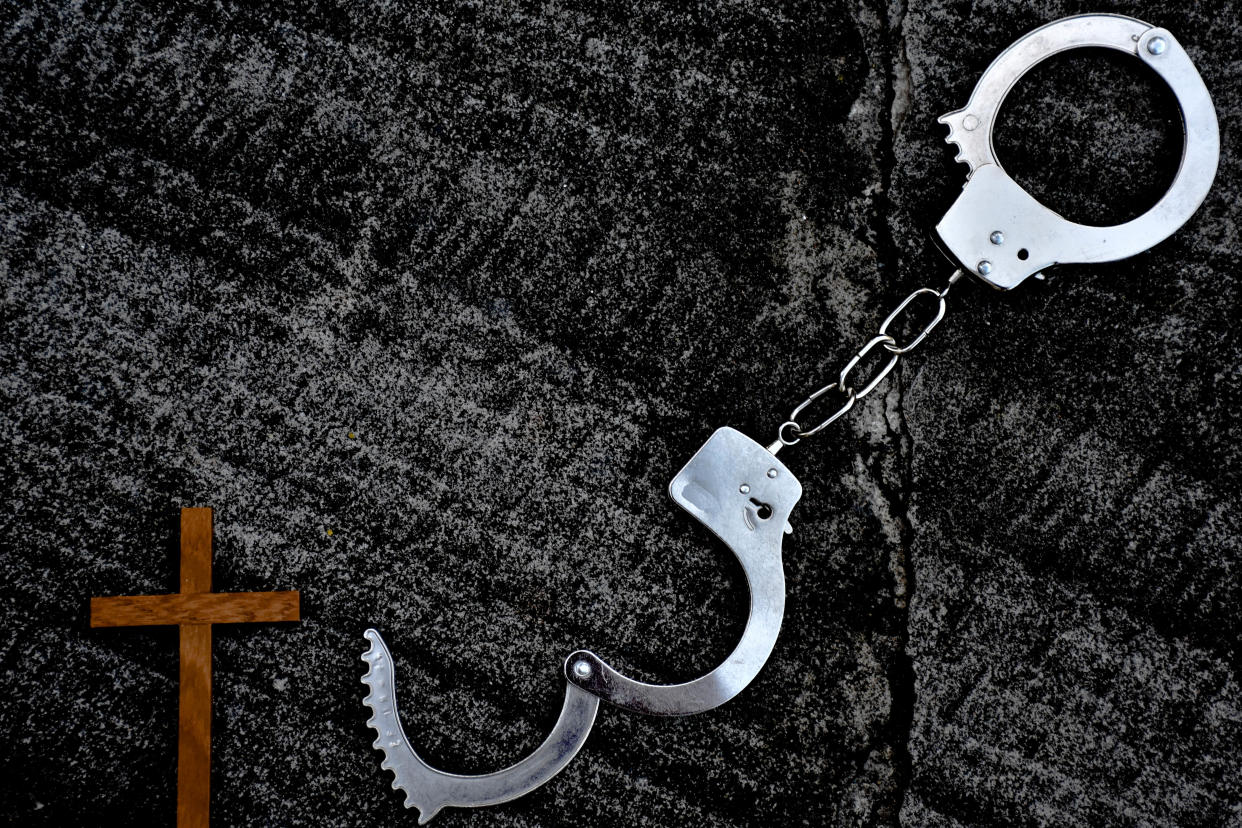Guest: We can either be responsible to prisoners now — or keep being responsible for them

On July 16, 2003, doors were opened for me at the Oklahoma County jail. I was wearing the same clothing as the day I was brought in nine months before wearing handcuffs.
I wasn’t a criminal by nature. I was molested as a little boy. Cocaine was how I coped with that trauma. Drugs cost me my job. Repo men were looking for my car, and my home was in foreclosure.
In the winter of 2001, I quit using drugs, but one crime begets another. To save my home, I began selling auto parts that were stolen from a national retailer.
America changed forever on 9/11. It scared me into living right. I quit, but a year later I was arrested. Bail was set at $250,000, which I couldn’t afford. Subsequently, I was convicted of receiving and concealing stolen property and conspiracy.
Department of Justice statistics show 57% reoffend within the first year and an 83% recidivism rate within five years. I successfully completed my probation and paid $5,000 restitution.
Although I paid my debt to society, it is far from over.
I cannot outlive or outrun what I did as a young man. I have lived as an adult with a criminal record three times as long as I did as one without a record. For the past 20 years, I have struggled financially, socially and professionally.
Housing is by and large the first hurdle after being released, and it never ends.
I’m not perfect, but I am a gentleman. Principles and values are guidestones in my life. I’m clean-cut, well-dressed and well-spoken. I have a clean driving record. I am respectful to law enforcement. I’m an irrationally generous person. While I may have a criminal record, I do not have a criminal’s heart.
Oklahoma is part of the Bible Belt. We have almost as many churches as we have corner stores. Our nation was founded on Judeo-Christian values. At the center of those values is grace. Christ Himself invested His time with social misfits. Matthew was a tax collector, which made him the people’s enemy. Paul was a murderer who took pride in killing Christians. Jesus touched lepers. He defended adulterers and prostitutes.
Maybe you believe, or perhaps not. But the same state where most claim a faith that takes them to church every week just a short time ago had the world’s highest incarceration rate. Why do prison ministries focus on eternity but little to nothing on restorative justice in this life? You have a greater responsibility in criminal justice reform than any state Legislature. The Church is in position to transform prison cultures, but you’re not going to do it with just a church service. Oklahoma has it within our grasp to go from the world’s highest incarceration rates to having the country’s lowest recidivism rate. Focus on their life now, and they’ll see Him in you.
Like it or not (one day) nearly every prisoner will eventually reenter society. We can either be responsible to them or keep being responsible for them.
I believe in this greater calling. That is what brings me hope. It would change the world if others did the same.

Tony Green is also known as OK DOC#451554 and has 25 old felony convictions. Today he is a board-certified John Maxwell Team Member as a licensed coach and speaker, and a facilitator credentialed with Global Priority Solution. His expertise is in criminal justice consulting and reform activism with a mission to transform prison culture and reduce recidivism rates.
This article originally appeared on Oklahoman: Guest: Church is in position to transform prison cultures in Oklahoma

